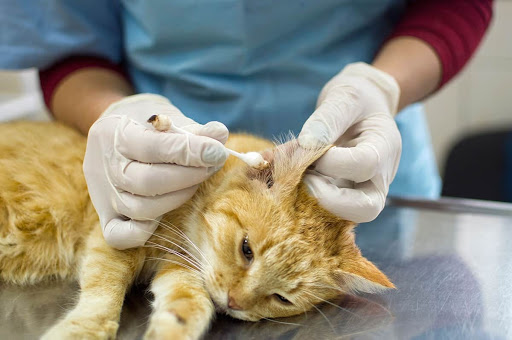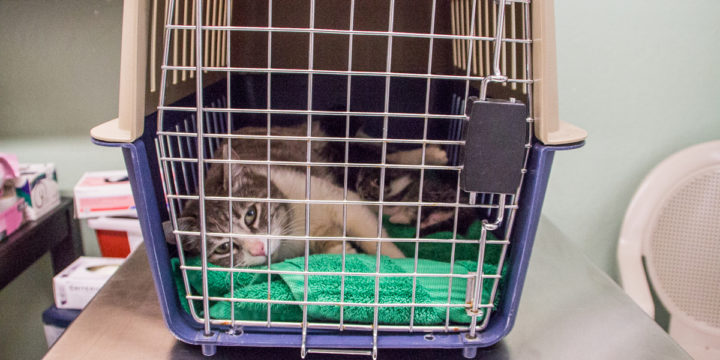
Summer Parasites: Part Two
Summer Parasites: Part Two In our last blog, we covered fleas, ear mites, and ticks, external summer pests all of which can cause plenty of harm; at least these parasites can be removed manually and easily treated to an extent. Today’s vermin are a lot different in how they affect our cats. We’ll discuss ringworm fungal outbreaks, as well as heartworm and hookworm infestations which manifest internally in our cats’ digestive tracts. These parasites are lurking almost year-round, however they’re specially active during warmer climate conditions prevalent during Summer. With vermin like these, it’s important to stay up to date with medicating your pets with the appropriate monthly doses per your veterinarian’s advice. Ringworm knows no boundaries. It will spread to both humans and animals with ease upon close contact…



